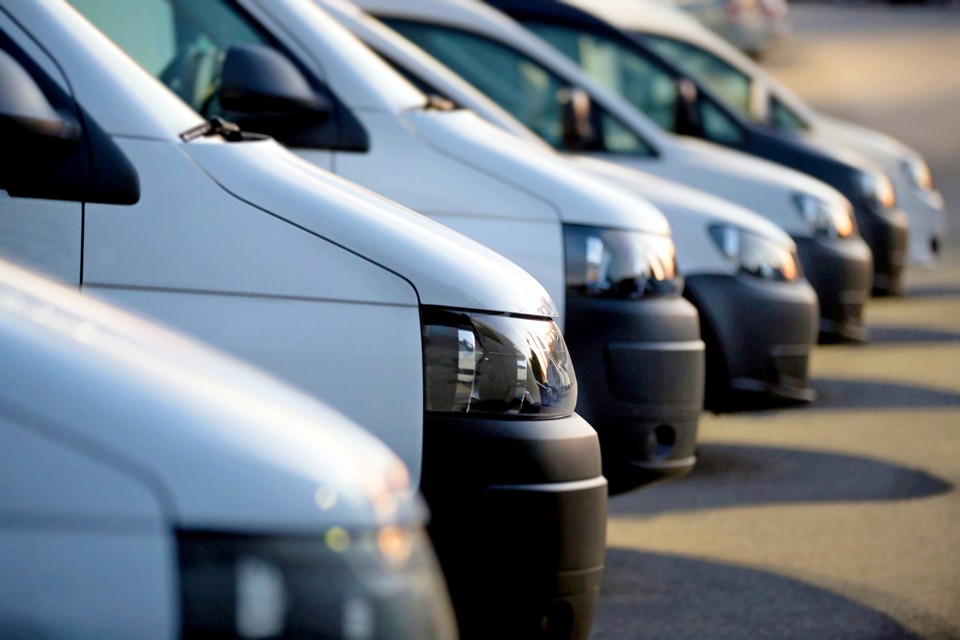The delay to decarbonising the commercial fleet industry will create more uncertainty for operators and the wider industry, the Government has been warned.
In a speech yesterday (Wednesday, September 20), the Prime Minister, Rishi Sunak, announced that he would push back the ban on the sale of new petrol and diesel cars and vans by five years, from 2030 to 2035.
Defending the change, Sunak explained that the Government was "working hard" to make the UK a world leader in electric vehicles (EVs).
“I’m proud that we’ve already attracted billions of new investments from companies like Tata's Jaguar Land Rover gigafactory, and I expect that by 2030, the vast majority of cars sold will be electric... because the costs are reducing, the range is improving the charging infrastructure is growing," he said
“People are already choosing electric vehicles to such an extent that we're registering a new one every 60 seconds.
“But I also think that at least for now, it should be you, the consumer that makes that choice, not Government forcing you to do it, because the upfront cost still is high, especially for families struggling with the cost of living.
“Small businesses are worried about the practicalities, and we’ve got further to go to get the charging infrastructure truly nationwide.”
The Government has not clarified whether hybrid vehicles will still be able to be sold from 2035 for a further five years, as they were in the original phase out date.
When it first announced the 2030 ban, ministers said that they would continue to allow the sale of hybrid cars and vans that can drive a “significant distance with no carbon coming out of the tailpipe” until 2035.
However, the Department for Transport (DfT) could offer no further detail following the PM's announcement. Neither could it clarify what may happen to the 2040 phase out date for trucks.
David Wells, chief executive of business group Logistics UK, said: “Pushing back the deadlines to decarbonise, rather than making progress on the investment and policies logistics businesses need to implement the route to Net Zero, is unhelpful and will discourage private investment in the UK and its industries.
“There is still much to be done, from delivering a charging network to confirming plans for alternatively fuelled vehicles, but our industry remains committed to achieving net zero.
“As a sector, logistics works hard to deliver on time for all sectors of the economy – if new decarbonisation deadlines are to be achieved, it is vital for the health of the UK’s supply chain, and therefore our economy, that the Government does the same.
“At a time when industry needs detail and action, delay just creates more uncertainty.”
Paul Hollick, chair of the Association of Fleet Professionals (AFP), says that, while some of its members will be pleased about the delay, because it takes the pressure to electrify away for the time being, the reaction that it is seeing across the fleet sector to this news is largely negative.
“The overwhelming feeling is probably one of irritation,” he added. “Fleets have done some incredible work when it comes to electrification, and it feels as though the can has been kicked down the road in a fairly arbitrary fashion by a Government that sees this move as politically expedient.
"There are, of course, a range of dangers. The value of existing EVs may be negatively affected; investment in charging infrastructure may fall away; and there may just be something of a ‘manyana’ environment around electrification for the next few years.
"However, this must be resisted, and it is especially important the local authorities are properly funded to ensure the installation of on-street chargers becomes widespread.”





















Login to comment
Comments
No comments have been made yet.